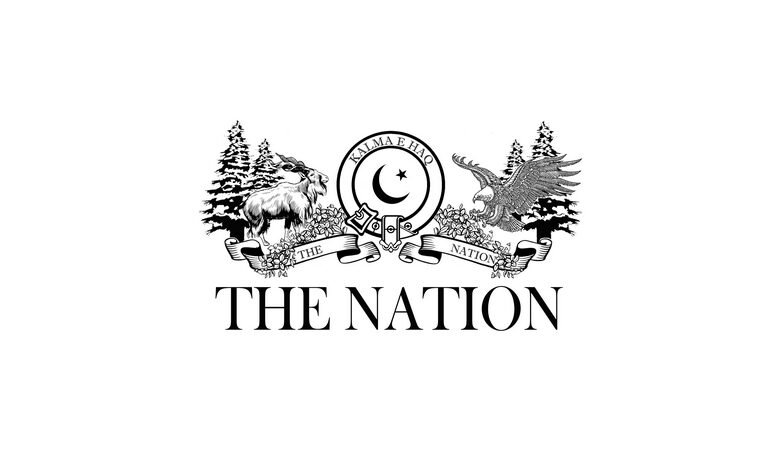
PESHAWAR – Ramazan, the9th holy month of Islamic calendar teaches Muslims to practice self-discipline, sacrifice and empathy by helping the underprivileged besides encouraging actions of generosity and compulsory charity for socioeconomic empowerment of poor people.
Famous for countless blessings, Ramazan is the holy month in which Muslims from across the world show exceptional endurance, patience and empathy besides seeking forgiveness and mercy keeping them modest and disciplined in life.
From dawn to dusk, Ramazan’s 30-day fasts abstain Muslims from all kinds of sinful actions, negative behaviours, and smoking. It teaches immense virtues and tolerance besides helping the needy, vulnerable and oppressed segments of society.
“In Islam, patience means to endure or persevere in the face of any difficulty or hardship for Allah only. It requires us to tolerate any trial realising that whatever we are going through is according to Allah’s divine will, and He is the One to take us out from all difficult circumstances and challenging situations,” said Muhammad Tayyab Qureshi, Chief Khatteeb of Khyber Pakhtunkhwa while talking to APP.
He said Allah Almighty has repeated the word, ‘Sabr’ (patience) almost 75 times in the Holy Quran which indicates its significance for humanity. The Holy Qur’an says, “O you who believe! seek help in patience and As-Salat (the prayer). “Truly! Allah is with As-Saabireen (the patient ones).
“As devoted servants of Allah Almighty, we have an obligation to be grateful when we earn Allah’s bounties. Similarly, we should deal with all calamities and difficult situations with forbearance, self-control and humbleness,” he added.
“The Holy Prophet Muhammad (PBUH) had also laid great emphasis on mercy, kindness and sympathies with the needy and poor people besides persons with different abilities during Ramazan and declared that the rewards of enduring patience in hard times are manifold in this world and in the hereafter.”
KP Chief Khateeb said, “Never a believer is stricken with a discomfort, illness, grief or mental worry but Allah Almighty will expiate his sins on the account of immense patience and compassion during Ramazan.”
He said a believer, who socialises with people and tolerates their mistakes with sympathy and gentleness would have greater rewards than the other believers, who do not do so. In another Hadith on the reward of fasting, the Holy Prophet (PBUH) said, “Whosoever fasts during Ramazan with faith and seeking his reward from Allah will have his past sins forgiven.”
The first Ashra of Ramazan is seeking mercy of Allah, the middle one for forgiveness and the last one to get liberation from the hellfire. “In Ramazan, there was a night of Laylaltul Qadar (the Night of Power) and according to the Holy Prophet (PBUH), every Muslim who prays on Laylatul Qadar with faith and sincerity, all his/her past sins would be forgiven.”
Eminent psychiatrist, Prof Dr Khalid Mufti who also served as Principal of Khyber Medical College Peshawar said that research studies had shown that Ramazan has immense medical and psychological benefits for a ‘Rozadar’ (fasting persons) including tolerance, compassion and empathy which last for the rest of the year.
He said Ramazan helps Muslims to overcome their anxiety, depression and hypertension, besides getting rid of worldly desires. Dr Khalid said impatience, anger and rash behaviours can adversely affect an individual’s social life and physical well-being while compassion and tolerance increase the self-esteem of people and leads to better outcomes in one’s life.
Abdul Ghafoor, former Director Sheikh Zayad Islamic Centre Peshawar and Member of the Central Ruet-e-Hilal Committee said that Ramazan was the month when people could earn maximum virtues by contributing generously to the poor and deserving persons.
“Ramazan promotes interfaith harmony and national cohesion besides cementing bonds of brotherhoods, fraternity and friendship among Muslims and minorities by bringing them closer through Iftar parties,” he added.
Shahid Khan alias Lala, who was holding Iftar Dastarkhwan at historic Qissa Khawani bazaar especially for fasting Muslims and poor and deserving minorities community said that he was holding this noble practice for the last 11 years that gives him inner peace and satisfaction. “The Iftar Dastarkhwan where minorities were also served would continue till Chand Raat,” he said.


